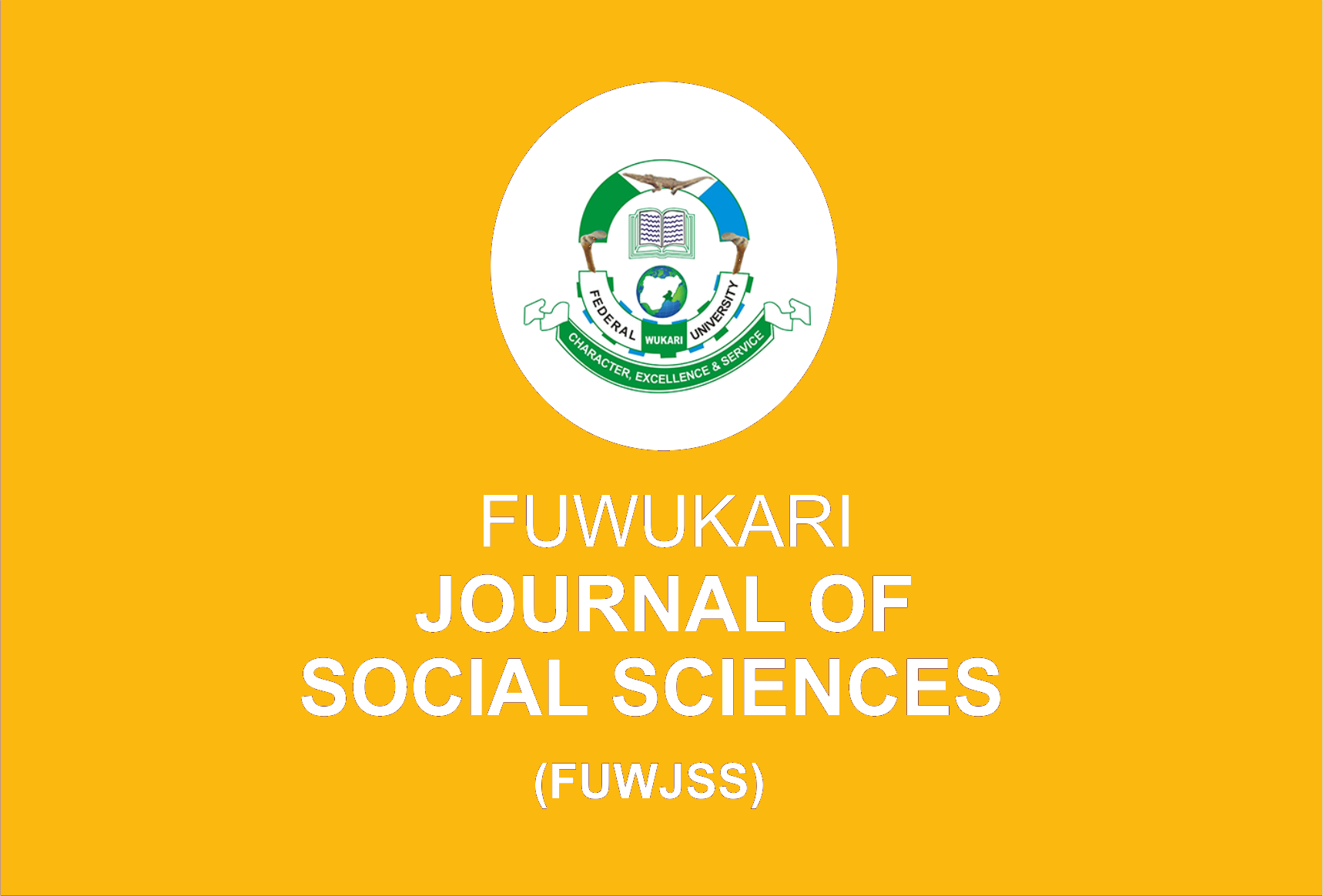An Evaluation Of The Management Of Internally Displaced Persons By International Organization For Migration (IOM) In Borno And Adamawa States, Nigeria
Paul Solomon, Shuaibu Umar Abdul, Ruth Caleb Luka
Keywords: International organizations, migration, internally displaced, persons, peace building
Abstract
Nigeria has witnessed recurring conflicts which have caused many people to flee their homes. The widespread violence triggered by the Boko Haram insurgency in the north-eastern region has increased the number of internally displaced persons (IDPs) who became vulnerable and disposed to all forms of exploitation. This study examines the role of International Organization for Migration (IOM) in administrating livelihood recovery programmes, psychosocial support, shelter and education to internally displaced persons in Borno and Adamawa States. Analyses in this study were anchored on social inclusive theory. The study adopted cross sectional survey design and used mixed method of qualitative and quantitative data collection. Using Taro Yamane formula, the sample size of 400 was obtained from a population of 51,175 in six IDPs camps: Fariya, Muna, Pulka, Malkohi, Fufore and Daware. Primary data were collected through questionnaire and interview while secondary data were obtained from IOM website, newspapers and peer-reviewed journals. The major results of the study revealed that IOM has played a vital role in the management of IDPs particularly in response to livelihood recovery and psychosocial support. The study concludes that the role of IOM cut across provision of key enablers to the humanitarian community in the form of displacement data through it Displacement Tracking Matrix. The study recommends that IOM should encapsulate into it peace building process, a special unit made of experts on human relations therapy to focus more on factors responsible for incessant displacement in Borno and Adamawa States.
Author Biography
Paul Solomon
Department of Political Science, Federal University Wukari, Taraba State-Nigeria
Email: [email protected]
Shuaibu Umar Abdul, Ruth Caleb Luka
Department of Political Science, Nasarawa State University Keffi, Nasarawa State

